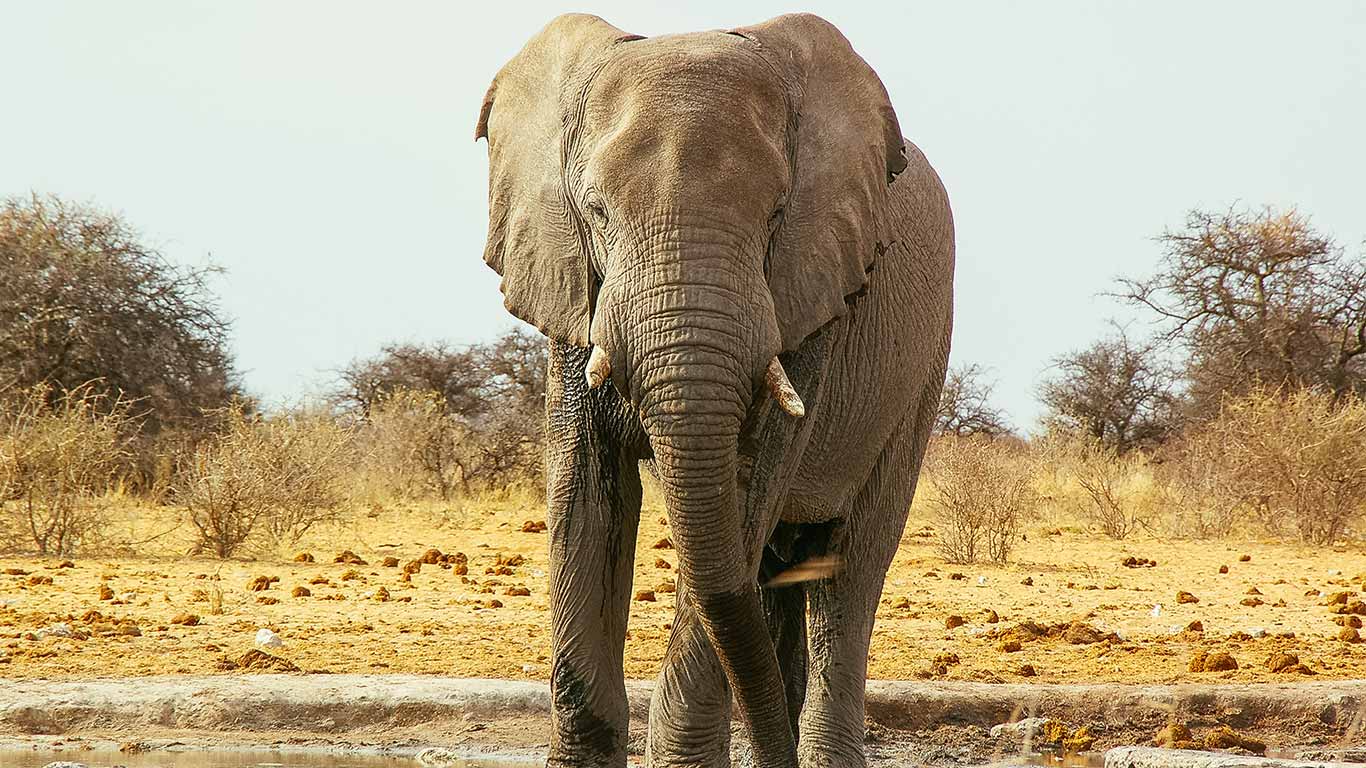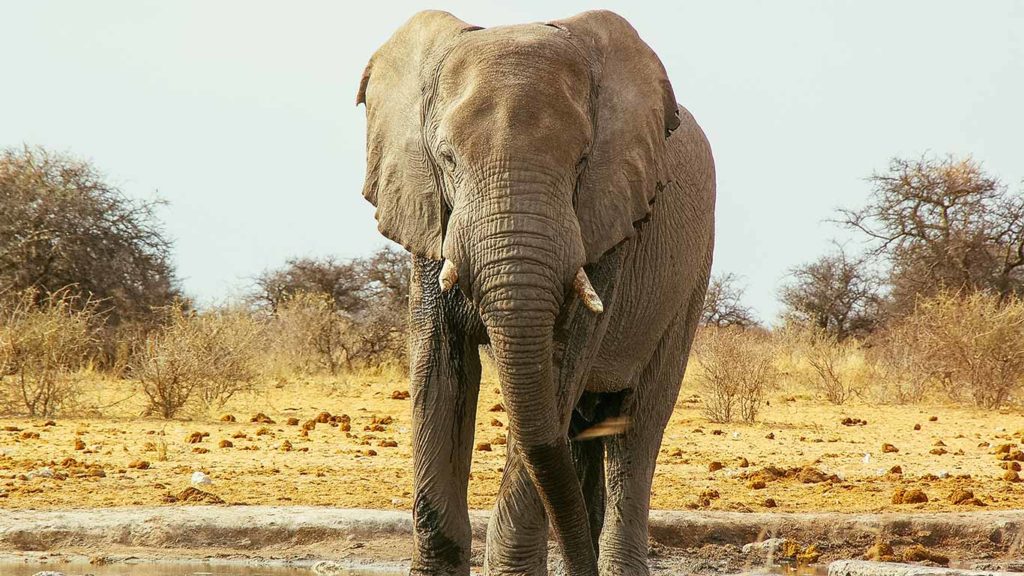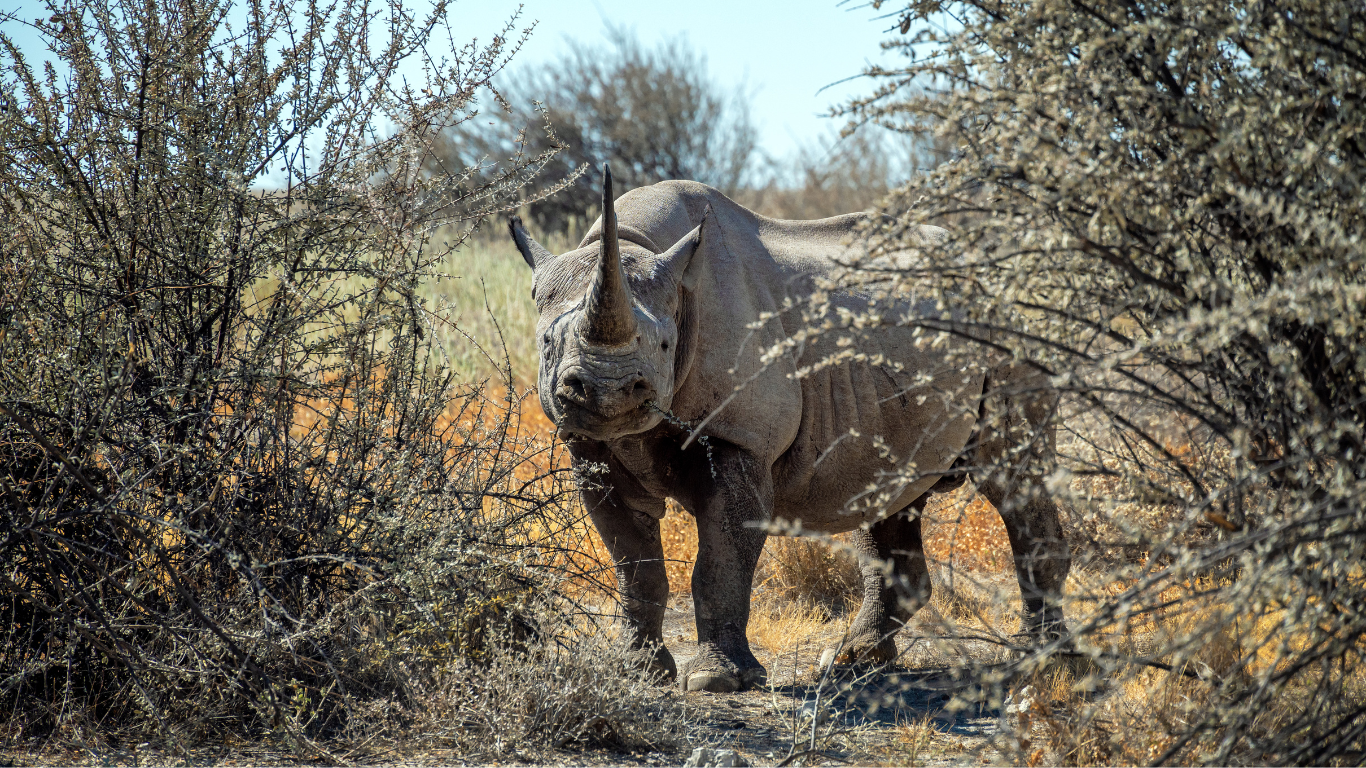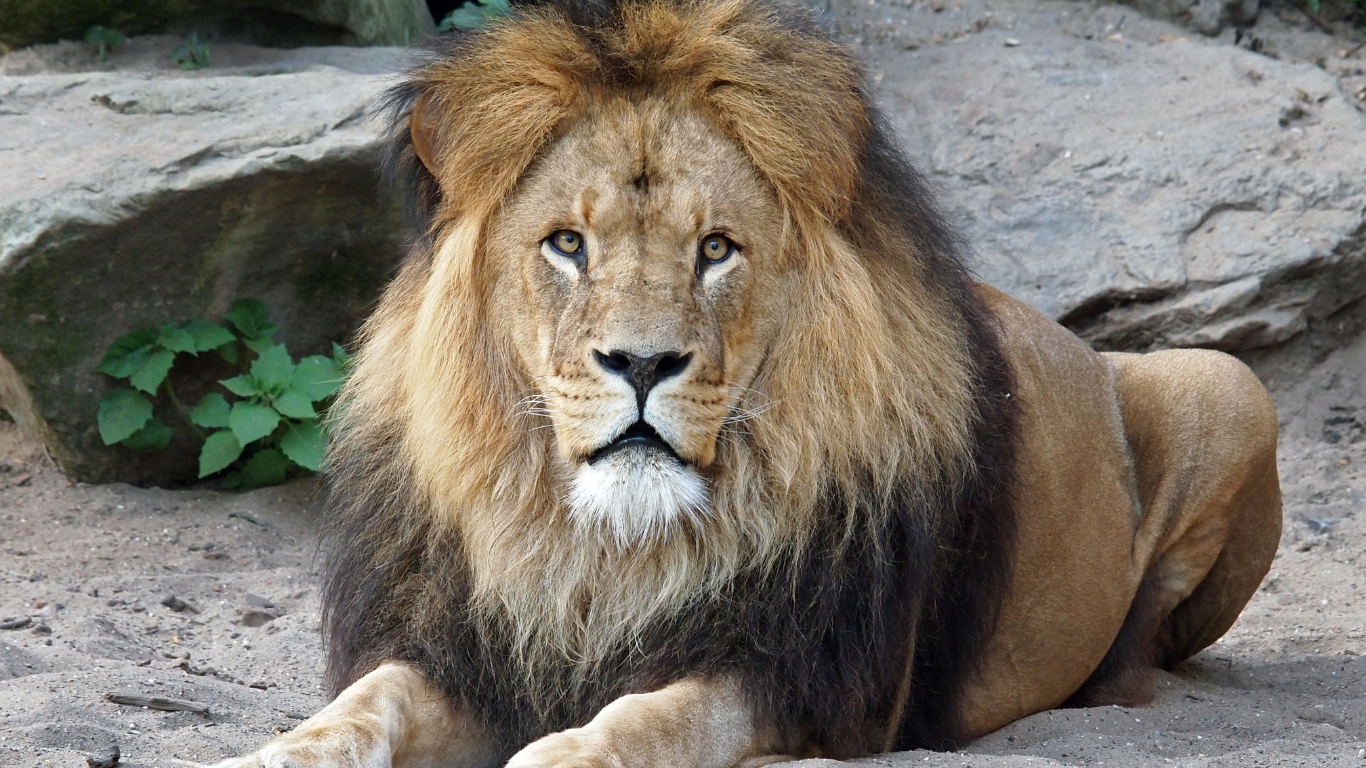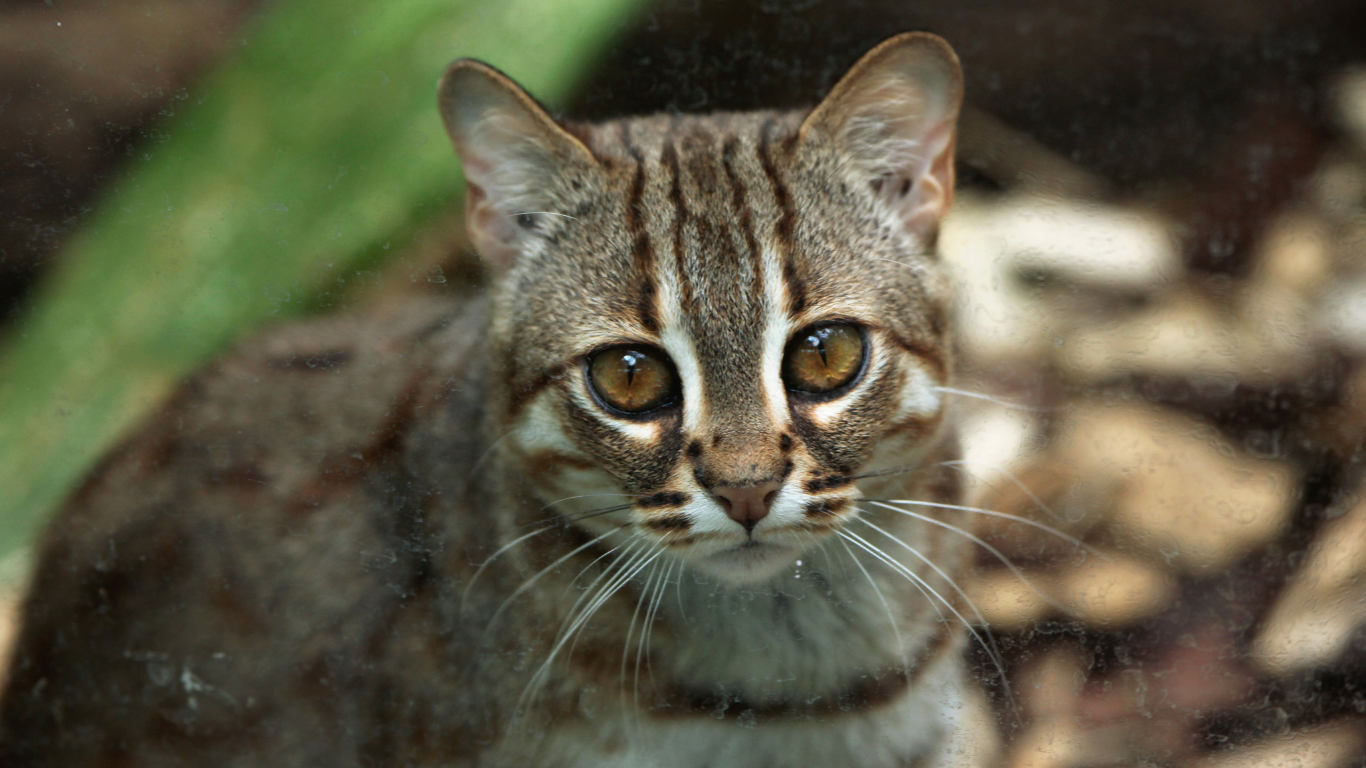By Melissa Reitz
With the tender for auction now closed, Namibia’s Ministry of Environment, Forestry, and Tourism (MEFT) is finalizing buyer details for the sale of 170 wild elephants.
Namibian authorities say there are too many elephants in the country. But conservationists are up in arms, saying the ministry has inflated actual elephant numbers.
MEFT says the country’s elephant population has tripled from about 7,500 in 1995 to roughly 24,000 today. They say the large population is damaging ecosystems, heightening human elephant conflict, and increasing the risk of poaching. For this reason, they are offering the “high value” animals to local and international buyers.
Wildlife experts say the model used to ascertain elephant numbers by the government is flawed as it does not include mortalities. According to conservationists, with a 3.3% increase per annum on 1995’s base count, there cannot be more than 16,000 elephants in Namibia. They also point out that elephants are migratory and transboundary, moving between Namibia, Angola, Botswana and Zambia. The resident elephant population of Namibia is therefore estimated at about 5,500 animals.
International animal welfare organization, IFAW, says the government’s plan to sell elephants will not address human-wildlife conflict and is contrary to the Convention on International Trade in Endangered Species (CITES), of which Namibia is a member.
Elephant experts have proposed initiatives to mitigate human-elephant conflict, including installing elephant water points away from human settlements and setting up electrified fencing. But the Namibian government claims they never received these proposals.
According to the tender requirements, buyers will need to meet certain criteria including quarantine facilities, game-proof fencing and adherence to veterinary regulations. Foreign buyers must prove they have permission to import the elephants.
According to CITES regulations, Appendix ll elephants (which include elephants in Namibia, Botswana, Zimbabwe and South Africa) may only be exported to countries where they will “not to be used for primarily commercial purposes” and only to “in situ conservation programmes or secure areas in the wild, within the species’ natural and historical range in Africa, except in exceptional circumstances”.
But with the recent sales of wild-caught elephant calves from Zimbabwe to zoos in China, in which CITES regulations were flouted, animal welfare groups are concerned this may also be the fate of Namibia’s elephants.
“Animal Survival International (formerly Political Animal Lobby) has no doubt that if we are not vigilant, these elephants could end up in zoos abroad. We investigated the Chinese elephant purchases from Zimbabwe closely for several years and, despite our irrefutable evidence of forged permits and pictures of elephant calves in quarantine, authorities turned a blind eye. We are deeply concerned that if Namibia sends its elephants abroad these animals will end up in zoos facing lifelong emotional and physical trauma,” says Adrienne West, chief campaigner at Animal Survival International (formerly Political Animal Lobby).

